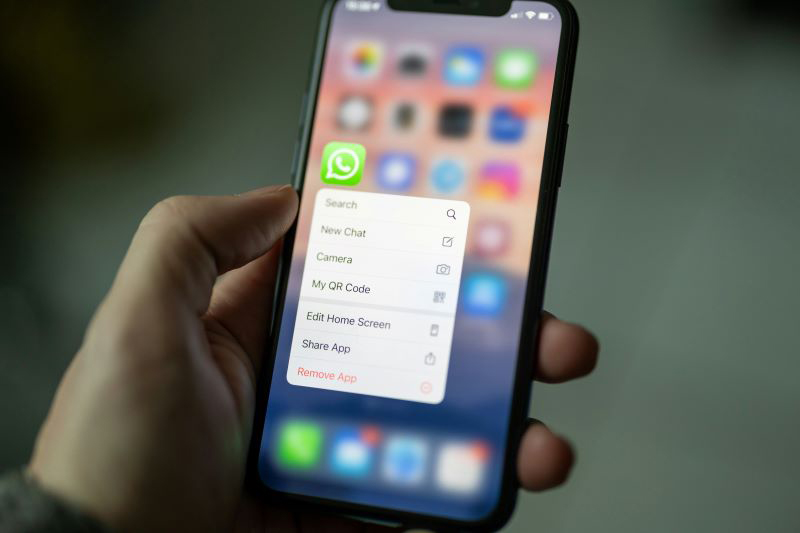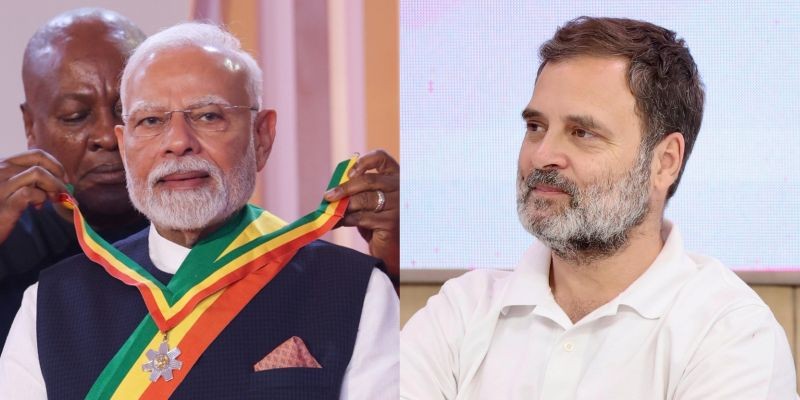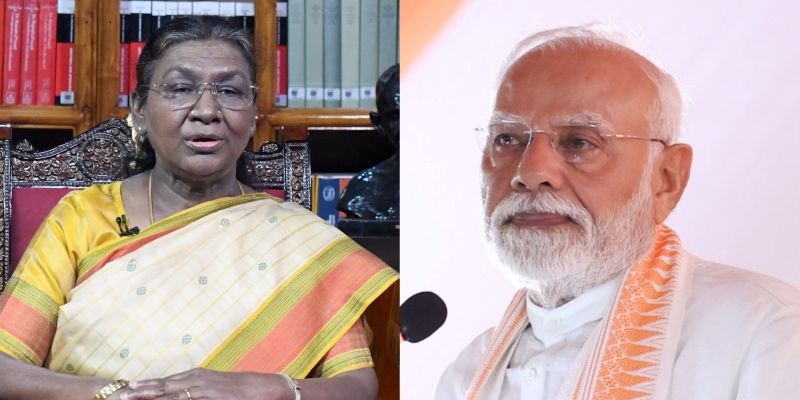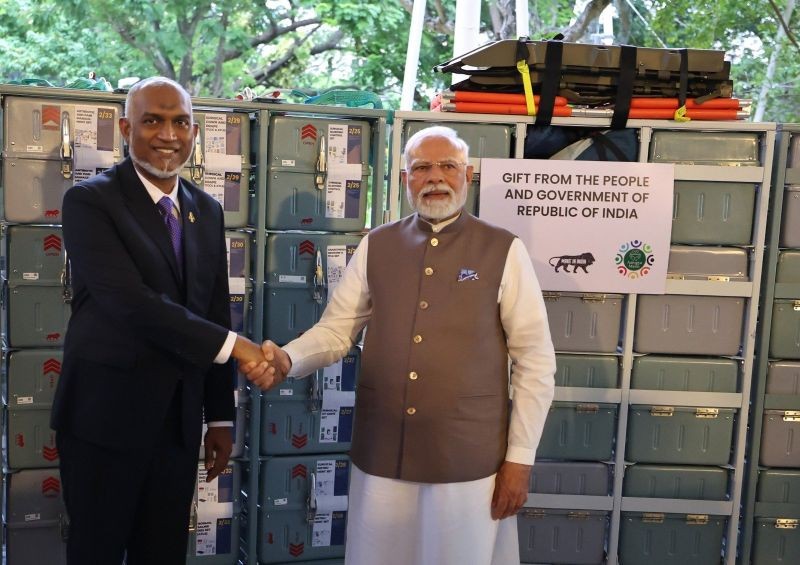WhatsApp warns to shut down services in India if asked to break encryption of messages

New Delhi/IBNS: Popular online messaging application WhatsApp has warned to shut down its services in India if it is asked to break encryption, citing privacy of the users, media reports said.
WhatsApp told this to the Delhi High Court challenging the amended IT rules.
"As a platform, we are saying, if we are told to break encryption, then WhatsApp goes," advocate Tejas Karia, who appeared for the platform, told the Delhi High Court bench comprising Acting Chief Justice Manmohan and Justice Manmeet Pritam Singh Arora as quoted by Bar and Bench.
Karia told the court the action will be against the privacy of individuals who avail the service for encryption of messages.
Moreover, the advocate says it would require the platform to store millions of messages and its chain for any decryption.
The new rule says a social media messaging app should identify the originator of the information if required by a court order or any directive passed by a competent authority.
When Karia emphasised that the parent IT Act doesn't ask for decryption, the court asked him whether such a matter was taken elsewhere in the world.
Karia says nowhere the platform has been asked to break encryption of messages. "No, not even in Brazil," the advocate told the court.
Kirtiman Singh, the counsel who appeared for the Centre, told the court the idea behind the new rule is to trace the originator of the message and the need to have a mechanism to track it down.
The Ministry of Electronics and IT told the court that if the rules are not amended, it would be difficult for probe agencies to identify the origin of fake messages, which would disturb the peace and harmony in the society with circulation of such information in other platforms.
In a previous statement, WhatsApp had said as quoted by NDTV, "Requiring messaging apps to 'trace' chats is the equivalent of asking us to keep a fingerprint of every single message sent on WhatsApp, which would break end-to-end encryption and fundamentally undermines people's right to privacy."





